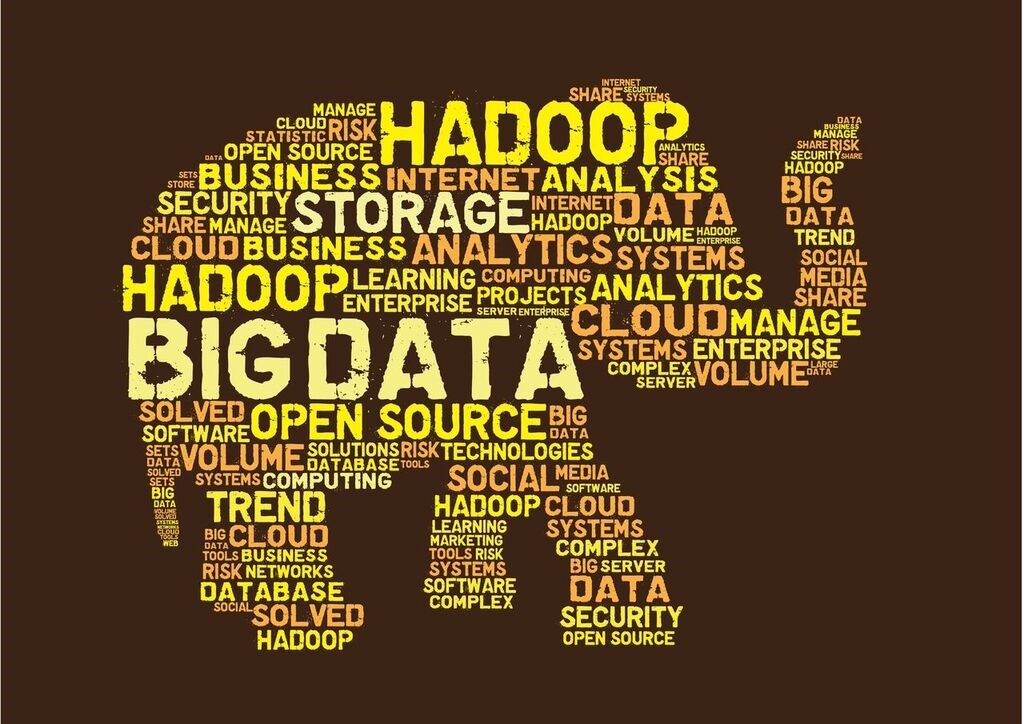Predictive analytics are the basis of the film Minority Report, and analytics are becoming a large part of the insurance industry. Insurance companies rate every customer based on the risk they present, and predictive analytics explain your future risk for accidents and losses. The analytics produced by big data sources like Hadoop Excel will help produce better insurance offers, and insurance companies will keep more money in their own pockets.
#1: What Do Predictive Analytics Say?

Every factor that helps create your risk assessment will change over time, and you will see your insurance rates change every year as a result. You must keep a clean driving record, but you will see changes to your insurance rates coming from other sources. A series of bad weather systems will increase your future risk, and your financial situation will change your risk figures. The insurance will keep changing your rates to match your predicted risk over the years.
#2: Can You See Your Predictive Analytics?
You may ask your local insurance agent about your predictive analytics, and you can see what goes into your risk analysis. You may request changes to come of your analytics to correct errors, and you will learn what has the biggest impact on your insurance rates. Local agents can petition the insurance company on your behalf, and you may make a change to the analytics that are used for your insurance policy.
#3: How Will Insurance Companies Save Money?
Insurance companies will save money using predictive analytics by assessing drivers more accurately. Insurance providers can save more money on every policy, and the customers who are more likely to have accidents or losses will be charged more for their insurance. You are subject to predictive analytics as part of a wise business model, and wouldn’t you do the same if you were in the shoes of the insurance company?
#4: How Much More Will You Pay?

#5: When Do Big Data Sets Come In?
Insurance companies are checking big data sets every day to set your insurance rates, and the insurance company will make a change as quickly as possible. Any small change in your risk assessment will result in a change of your premium, and you must be prepared for the insurance to raise your prices at every renewal. Your driving record is wiped clean every few years, but your risk assessment is changing by the day. You cannot be sure which items will change your prices, but you can be sure the insurance company is reading new data sets every day.
The predictive analysis used in Minority Report are becoming a reality in today’s world, and you must be prepared for your insurance company to take advantage of big data. You must shop around for different types of life insurance with insurance companies that use fair risk assessments for your policy, and you may change insurance providers any time you like. Avoid companies that use unfair assessments, and ask your agent to help you put together a package that shows how your risk assessment is calculated. Your knowledge of the insurance industry will prevent you from paying too much for a policy on your home or car.
Find a Home-Based Business to Start-Up >>> Hundreds of Business Listings.



















































